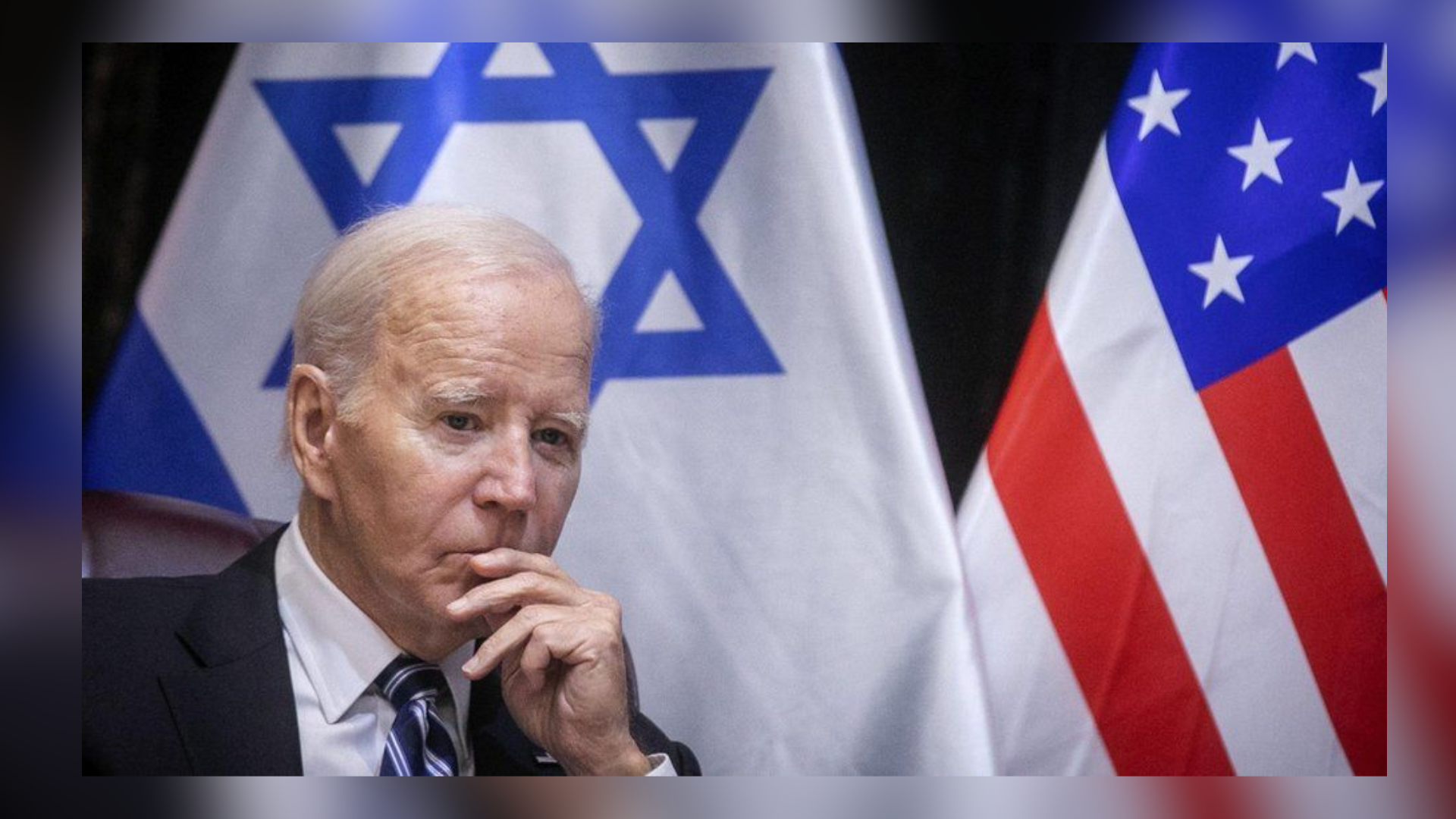“In view of the prevailing situation in the region, all Indians are advised not to travel to Iran or Israel till further notice. All those who are currently residing in Iran or Israel are requested to get in touch with Indian Embassies there and register themselves,” the Ministry of External Affairs stated in an official release.
“We’re watching this very, very closely,” said John Kirby, the US National Security Council spokesman, who declined to provide information about the expected timing of the threat.
According to two officials in Washington speaking to CNN, the US will endeavor to intercept any weapons aimed towards Israel, whenever feasible, showcasing the ongoing cooperation between the two militaries. US Navy personnel stationed in the Red Sea have previously intercepted long-range missiles launched from Yemen by the Houthis towards Israel.
Additionally, US forces in Iraq and Syria could potentially intercept drones and rockets targeting northern Israel, depending on their launch location, CNN reported.
In response to the potential threat, the US Defence Department is deploying additional assets to the Middle East “to bolster regional deterrence efforts and enhance force protection for US personnel,” a US defence official informed CNN, as both Israel and the US prepare for a possible Iranian attack.
Specifically, the Pentagon is reinforcing air defenses for US troops stationed in Iraq and Syria, who have faced over 100 attacks from Iran-backed proxy forces between October and February, as reported by CNN. In a tragic incident in January, three US servicemembers lost their lives when a drone breached US air defenses at the Tower 22 base in Jordan.
While the US does not anticipate direct attacks on its forces by Iran or its proxies as part of their retaliation, precautionary measures are being taken by moving assets in anticipation of any eventuality.
“It would be imprudent if we didn’t take a look at our posture in the region to make sure that we’re properly prepared,” Kirby said.





![]Newly elected Pope Leo X](https://www.newsx.com/wp-content/uploads/2025/05/Pope-Leo-XIV-AI-Church-Robert-Francis-Prevost-American-Pontiff-Vatican-City-300x169.webp)

















